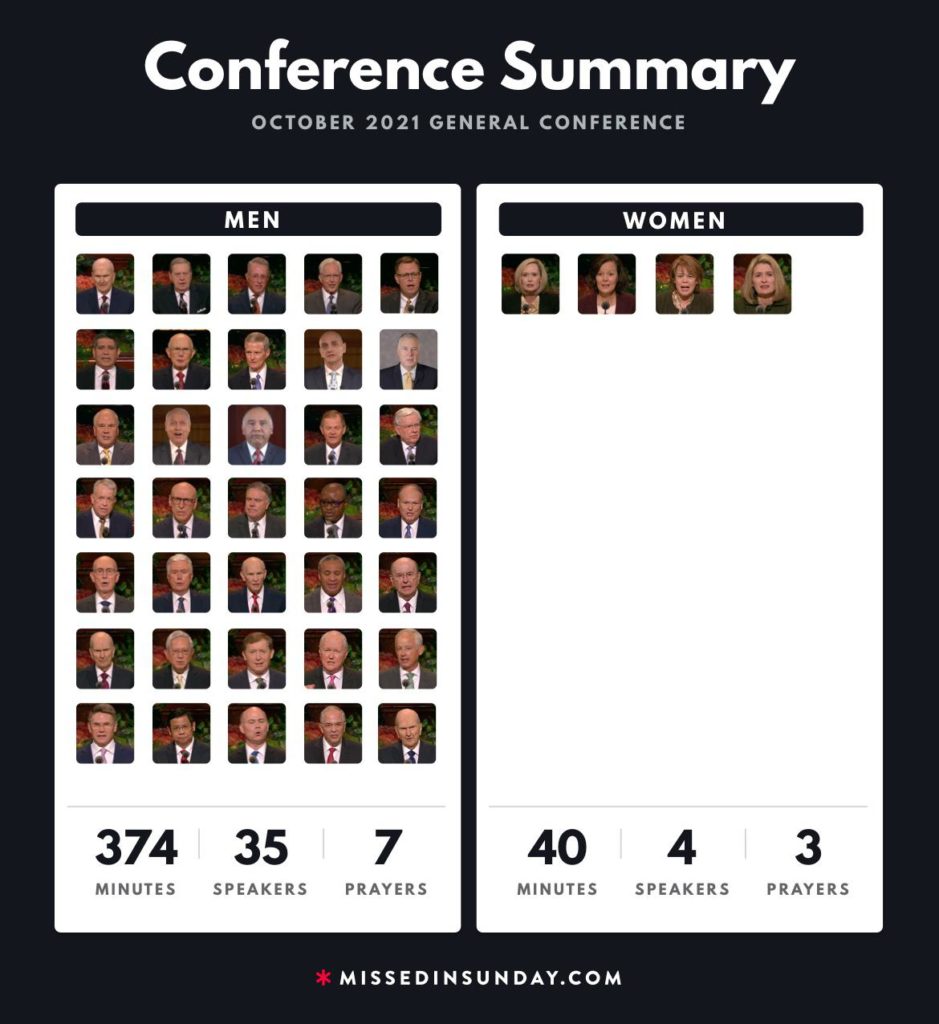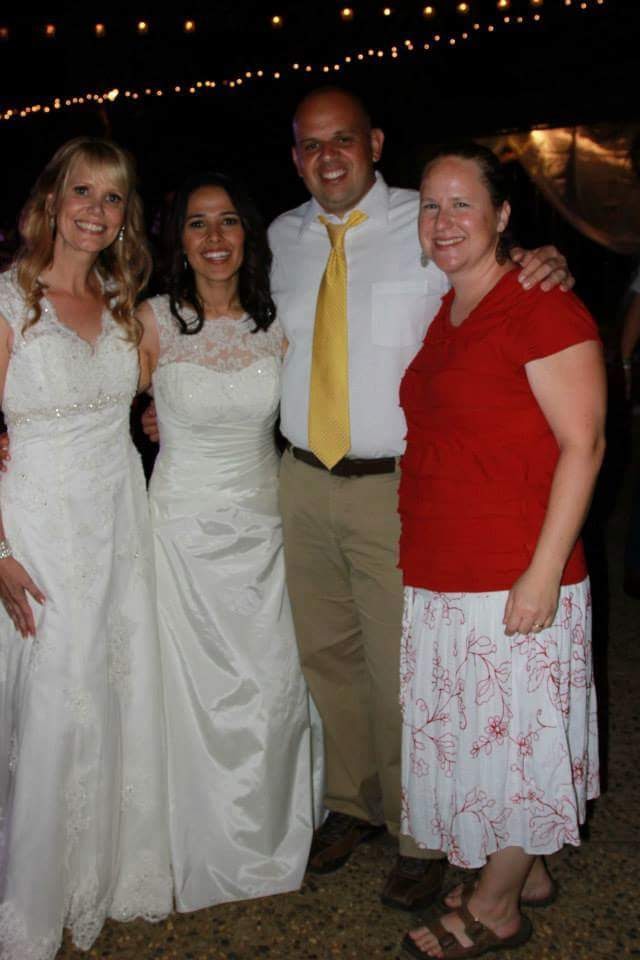A powerful moment with God’s love for women started my journey out of the Mormon church.
I was standing in my bathroom, dripping wet in a towel after a shower. It had been 6 months since the last General Conference when President Nelson asked the women of the church to study their relationship to the priesthood. As I had studied, and discussed what I was learning with the women around me I had felt empowered and hopeful.
That morning, in early April of 2020, I was listening to an audiobook on women and the priesthood as I got ready for the day. The revelation came as a rush of powerful love, one of those undeniable “God moments” that happen so powerfully and sacredly in our lives. It wasn’t really related to what the author was saying, but I suddenly knew, deep down in my soul, that women were equal to men in God’s eyes.
It was an overwhelming, and very surprising, feeling. If you had asked me the moment before it happened if I believed that men and women were equal, I would have said yes, emphatically. I really thought I knew that, but until that moment of intense spiritual confirmation, I hadn’t really; and I didn’t even know that I didn’t know. It took my breath away.
As time has passed, I have come to understand this painful contradiction in myself. But in that moment, I only felt surprised, loved, and excited.
I waited eagerly for the next general conference later that week. I felt like I had learned so much and had such a powerful experience preparing to learn more about women and the priesthood. I could not wait to hear what we would be taught at the next session.
And then…
It is hard to explain how I felt after that next conference. There was no discussion of women’s power in the priesthood, and in fact, there was a doubling down on men as priesthood bearers. I felt hurt and confused by what had happened. I went back to read the gospel topics essay on the “women and the priesthood” on the church’s web site that I had studied so much over the last few months (it is no longer there), and a line had even been added to the end that said, “Men are the spiritual leaders in the home.” (That essay is no longer available, but a quick search will find many talks and articles on this same theme.)
I couldn’t figure out how to process what had happened.
I ran into a blog about cafeteria Mormonism around this time. The blogger was of the unusual opinion that cafeteria Mormonism was okay. That even if you weren’t ready to try the peas yet, Christ still wanted you to be at the feast until you were ready for it all. It resonated with me, except that I thought the peas (the inequality of women in the church) were actually poisoned, and I was never going to be okay eating them. But I also felt like the poisoned peas had come from people messing things up, and not from Christ. All I could do was come to His table and try to comfort those who hadn’t yet realized the peas were poisonous as they made them sick. And so I stayed, and tried to keep believing.
As I have processed this experience over the last several months I have come to understand why, even though I thought I had believed men and women were equal, I could not really believe that and believe what the church taught. It comes down to several p words:
- Preside
- Polygamy
- Priesthood
- Patriarchy
I had for many years been taking the parts of the gospel that I loved and ignoring the parts that were painful, including these four p words. But there really is no such thing, for me, as cafeteria Mormonism. Either I had to believe what was taught or not. So in my heart, I had accepted things as truths and hidden them from myself.
Preside
Preside is the easy one to explain how it creates a culture of inequality. The Family Proclamation says:
“By divine design, fathers are to preside over their families in love and righteousness…”
I’ve tried to come up with lots of ways to make preside mean something besides being in charge, but there really is no way to make that work. That’s what it means. Which is unfair to both men and women. Women who have to be presided over, and men who have to be in charge instead of being truly equal partners in their marriages. In an equal partnership, no one is presiding over the other.
Polygamy
Polygamy is inherently unequal. Even section 132 in the Doctrine and Covenants talks about women–well, virgins, just to make it worse–as objects to be given to men. I tried to ignore it, but it always there in the back of my psyche torturing me. People say polygamy is in the past, and we don’t believe that anymore, but I always knew that wasn’t true. We still believe in it eternally, and practice it currently in the temple sealings. I just had to tell myself I would get a choice in eternity and I would never choose that. I hate everything about it.
This blog post does a great job explaining how polygamy is not really in the past, but still very much a current part of church doctrine and practice. It’s a lot to get through, but important to acknowledge. I totally understand why people choose to stay in the church, but I hope it is with full information and honesty.
Priesthood
Only men hold the priesthood in the church. In the early days of the church women used to have more of a leadership role, running their own organizations and even giving priesthood blessings. (see current gospel topics essay on women and the priesthood). I don’t fully know how the role of women in the church changed to become more and more diminished, but I felt it. Yes, the blessings of the covenants of the priesthood are available to both men and women (sort of, see polygamy), but never being in charge is never being equal. We wouldn’t buy that it is equality in any other place in the world, but try so hard to believe it in the church.
Many women have had awful experiences with condescending, un-listening priesthood leaders. Those that haven’t had bad experiences often to say they are unaffected by having men always been in charge. But I believe we are all affected.
When I was primary president, I had an amazing bishop, who worked hard to make sure women’s voices were heard in ward council and other meetings. He even let me( a woman!) lead the meetings sometimes when he had to step out. I have led a lot of meetings in my life, and never felt like I was out of place or uncomfortable doing so. In fact, I LOVE leading meetings and being in charge, and I feel like I am very good at it. But in ward council, I always felt like a little kid pretending to be a grown up when he would ask me to lead. I never felt like I belonged where I was when I sat in his chair and tried to lead a discussion. Church is the only part of my life that ever felt like that.
I have had bad experiences with priesthood leaders, too. As have many women that I care about. We should not have to fight to make men listen to our voices, but the power structure in the church makes it so it will always be that way, because priesthood means the right to be in charge, and only men hold the priesthood.
Patriarchy
We know that representation matters. I think this graphic is very telling about the way the church values women’s voices.

When you get into the disparity at conference even further it gets even worse. From researcher Elise Wells, “A current female leader of the church has never been quoted by prophets or apostles in the April general sessions in fifty years, while they have quoted current male leaders more than 250 times in that same period. When you look at quotations from individuals who are not church leaders (or scriptural), more than 77 percent of those quotations are from men”. So even when women do speak, they rarely say their own words or words of other women. And this trickles down in to Sacrament meeting talks and lessons, because what is spoken at General Conference is our authoritative source.
It wasn’t something I was cognizant of noticing, but all those things tell you a story over a lifetime. Now that I have seen it, I cannot unsee it.
Putting it all together, this letter to a Mormon man explains better than I can what it is like to grow up and live with the patriarchy, the way it affects us as women, even when we don’t realize that it is.
__________
Until that moment in my bathroom, when God told me that I was wrong, I hadn’t even realized how I had internalized all these damaging messages. And even in that moment, I didn’t understand myself. But I do believe the doctrine of the church on a deep and real level teaches women and men that they are not equal. To the detriment of both.
I know there are lots of other examples of inequality in the church, but these felt like they have had the greatest impact on me, personally. Though I am still unpacking, and I may decide other things had a bigger impact than I realized. Realizing there had been injury to my sense of self and self-worth was very eye opening to me. I had not even realized what I was experiencing.
This was not the thing that broke my shelf, but it added a very heavy weight.



